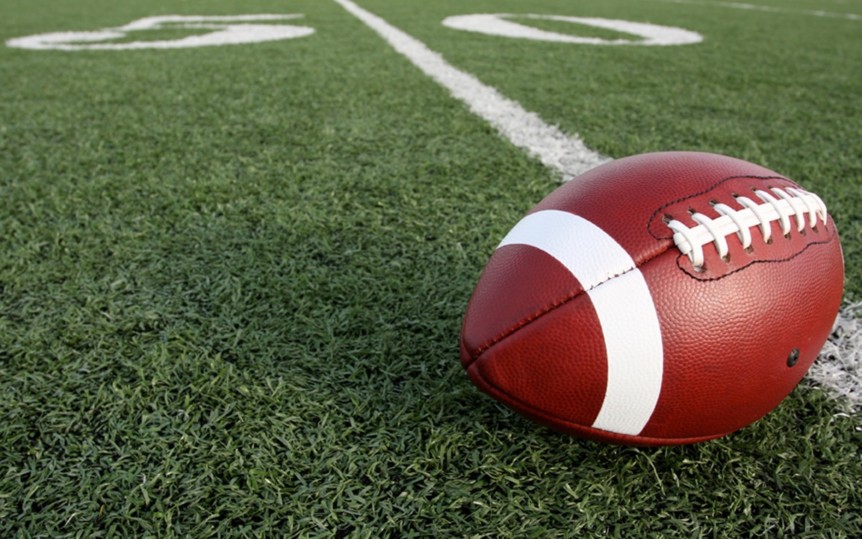Stadium lights glared through heavy Beijing smog, top-40 bass lines shook the stands, the smell of cheap hot dogs filled the air and the Dalian Dragon Kings strutted onto the field, shouting and clapping in their crisp blue uniforms.
A few hundred had gathered to watch the Dragon Kings take on the Shenzhen Naja, marking the second game in the first season of the China Arena Football League — China’s first professional football league, a scrappy, six-team operation run by a company based in Conshohocken, Pa.
As the game unfolded — snaps fumbled, kicks blocked and touchdowns scored — the children in the stands roared with delight, while their parents whispered quizzically about running backs, field goals and other unfamiliar lingo.
“In the past, I just liked watching the commotion, but now I’m starting to understand the rules,” said Zhang Xinjia, a 46-year-old security guard, his eyes trained on the ball. “No doubt American football will be successful in China — it’s such a confrontational sport.”
Football, America’s most popular sport, does not enjoy a huge footprint in China, the world’s most populous country. For decades, many Chinese have found the rules too byzantine, broadcasts too infrequent, fields and equipment too scarce. Critics say that Chinese parents, repelled by the sport’s high injury rate and fears of concussions, would be reluctant to let their kids play.
Yet that all appears poised to change. American sports entrepreneurs, athletes, even Chinese officials are increasingly promoting the sport in China. The ingredients for widespread popularity may already be in place: China’s middle class is growing, its sports industry booming. In 2013, two former American college football players founded the amateur American Football League of China; now it boasts teams in 14 cities. The National Football League plans to host its first regular-season game in the country in 2018.
“I think in five years, [football] could be a relatively big thing in China,” said Xiao Shen, an NFL commentator on LeSports, an online sports magazine and broadcaster. “I’m very cautiously optimistic.”
Xiao said that Chinese audiences have not yet embraced the sport for several reasons: The NFL did not adopt a sustained China strategy until 2009, Chinese TV stations overlooked the sport and the country for decades lacked a league of its own. Even as soccer grew in popularity and the NBA gained millions of Chinese fans — many drawn to the sport by Houston Rockets star Yao Ming — meishi ganlanqiu, or “American-style football” remained in the shadows.
“I don’t think there’s any one element of football that Chinese audiences absolutely cannot accept,” he said. “But how much they can accept, that’s still unclear.”
Retired NFL quarterback Peyton Manning coached a junior clinic at an indoor field on Beijing’s urban outskirts in late September, while he was in China on a promotional tour. Chinese children in helmets and full pads sprinted, cut and passed, as their well-heeled parents snapped photos with their iPhones.
“I’ve met some rabid football fans [in China] — I mean I met a couple people in Shanghai who knew all of my statistics, including some that I didn’t even know,” Manning said. “And so, there’s potential to see more of these in China. But there’s still some work to be done.”
The players beamed. “There haven’t been any Chinese players in the NFL. I want to be the first one,” said Liu Sicheng, 10. “I super-like playing football. It’s great fun, it trains my mind and I can make a lot of friends.”
